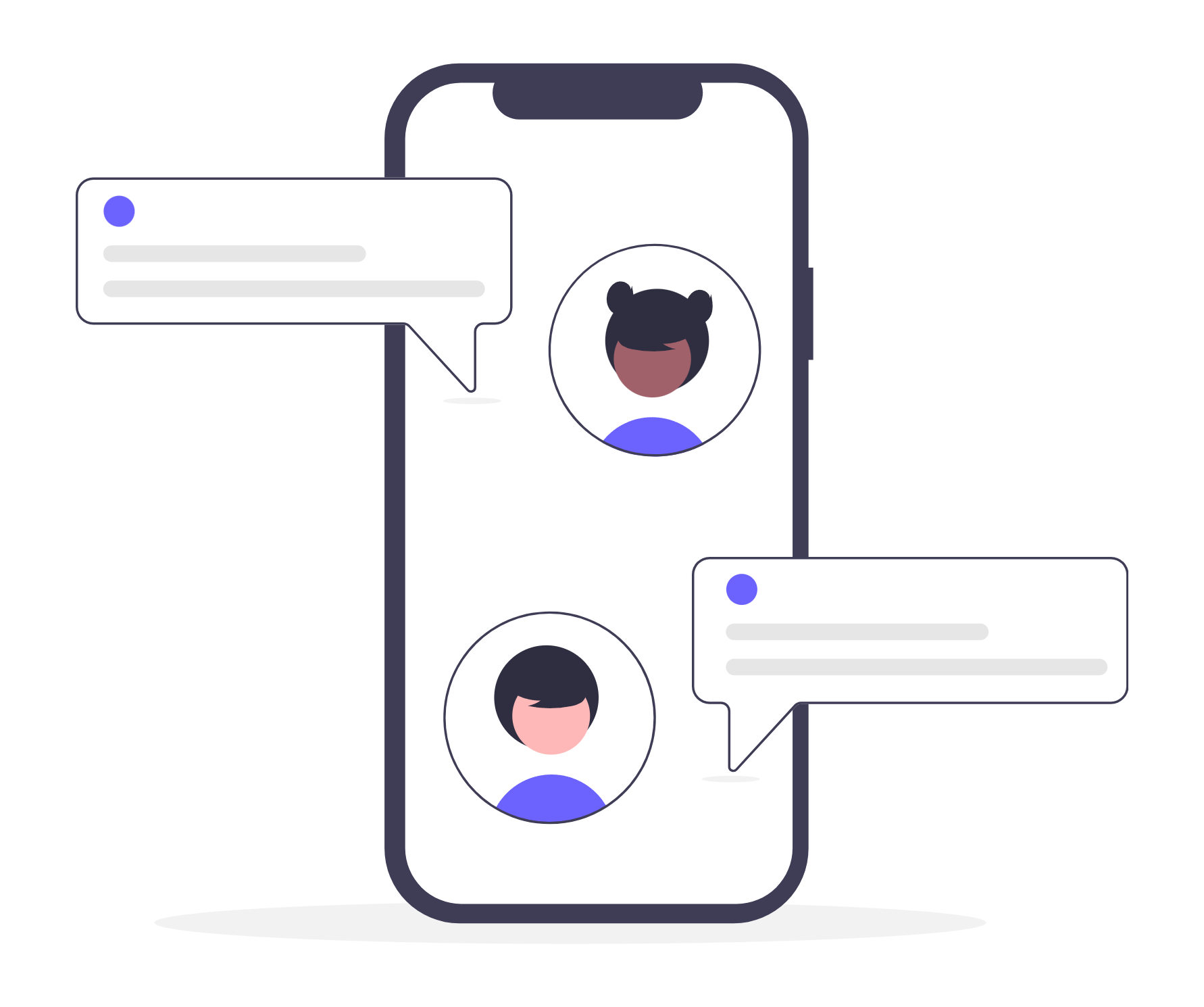Customer support is entering a new era, powered by artificial intelligence (AI). With consumers demanding fast, accurate solutions, businesses are implementing technologies that resolve issues before they can even be escalated to human agents. This approach not only improves customer satisfaction, but also optimizes operational costs and increases efficiency.
In this article, we’ll explore how AI is revolutionizing customer support, highlighting its applications, benefits, and how it’s shaping the future of customer service.
The Role of AI in Customer Support
Artificial intelligence has become an indispensable ally in customer service. Tools such as chatbots, virtual assistants and predictive analytics help solve common problems and direct more complex cases to the human team.
Response Automation
AI-powered chatbots can handle frequent queries, such as order status information, operating hours, and return policies. By automating these interactions, businesses can free up human agents to focus on more complex cases.
Proactive Problem Detection
AI solutions can identify potential issues before a customer contacts you. For example, predictive systems can alert you to delivery delays or service outages, offering proactive solutions.
Personalized Service
Based on historical data, AI can personalize the customer experience, offering solutions and recommendations tailored to their profile. This increases satisfaction and loyalty.
Benefits of AI in Customer Service
1. Cost Reduction
Automation reduces the need for large support teams, saving resources and increasing scalability.
2. Immediate Responses
Chatbots and virtual assistants offer real-time solutions, eliminating waiting lines and speeding up service.
3. 24/7 availability
AI never sleeps. Customers can receive support at any time, even outside business hours.
4. Continuous Improvement
AI systems learn from each interaction, becoming more effective over time.
5. Solution Before Climbing
By solving common problems autonomously, AI reduces the volume of requests reaching human staff, improving overall efficiency.
Practical Case Studies of Success with AI in Support
1. E-commerce
E-commerce businesses use chatbots to help customers track orders, process returns, and answer frequently asked questions. This reduces call volume and speeds up resolutions.
2. Financial Sector
Banks and fintechs have implemented virtual assistants to help customers manage accounts, check balances and resolve queries about financial products.
3. Telecommunications
In the telecommunications industry, AI is used to detect service outages and offer automatic solutions before customers need to call support.
The Future of AI in Customer Support
The future of customer service will be increasingly hybrid, combining the best of artificial intelligence and the human touch. As natural language processing and machine learning technologies advance, AI systems will become even more accurate and capable of handling complex interactions.
Implementing these solutions will enable companies to deliver exceptional experiences while maintaining efficiency and reducing costs.
Tailored Corporate Training: Success Stories with Chatbots
Corporate training is also benefiting from the use of chatbots and AI to deliver personalized and efficient experiences. Companies across a range of industries are using these technologies to create solutions tailored to the needs of their employees.
The Role of Chatbots in Corporate Training
Chatbots allow companies to deliver interactive, tailored training. They can:
- Answer questions in real time.
- Provide personalized feedback.
- Reinforce content in an engaging way.
- Monitor employee progress.
These features make training more dynamic and effective, as well as reducing costs.
Benefits of Using Chatbots
1. Personalization
Chatbots adapt content according to each employee's level of knowledge and progress.
2. Engagement
By incorporating interactive elements, such as quizzes and simulations, chatbots make learning more engaging.
3. Real-Time Feedback
Employees receive immediate guidance, correcting errors and improving performance.
4. Time Saving
Trainings can be carried out at any time, eliminating the need to schedule in-person classes.
5. Continuous Monitoring
AI-based platforms allow managers to track progress and identify areas for improvement.
Success Stories
1. IBM
IBM has implemented chatbots to train its employees on new technologies. The platform offers tailored content, increasing retention and accelerating learning.
2. Walmart
Walmart uses chatbots and virtual reality to train teams in store management and customer service. The interactive format has significantly improved results.
3. Deloitte
Deloitte created simulators and chatbots to develop leadership skills in its managers. This increased engagement and reduced training costs.
The Future of Corporate Training
With the advancement of AI technologies, corporate training will become even more personalized and accessible. The use of chatbots, combined with augmented reality and adaptive learning tools, will transform training into a more dynamic and effective process.
Companies that adopt these solutions will be better prepared to face market challenges, ensuring that their teams are aligned and empowered to achieve better results. If you need any adjustments or want to delve deeper into any topic, I am at your disposal!





